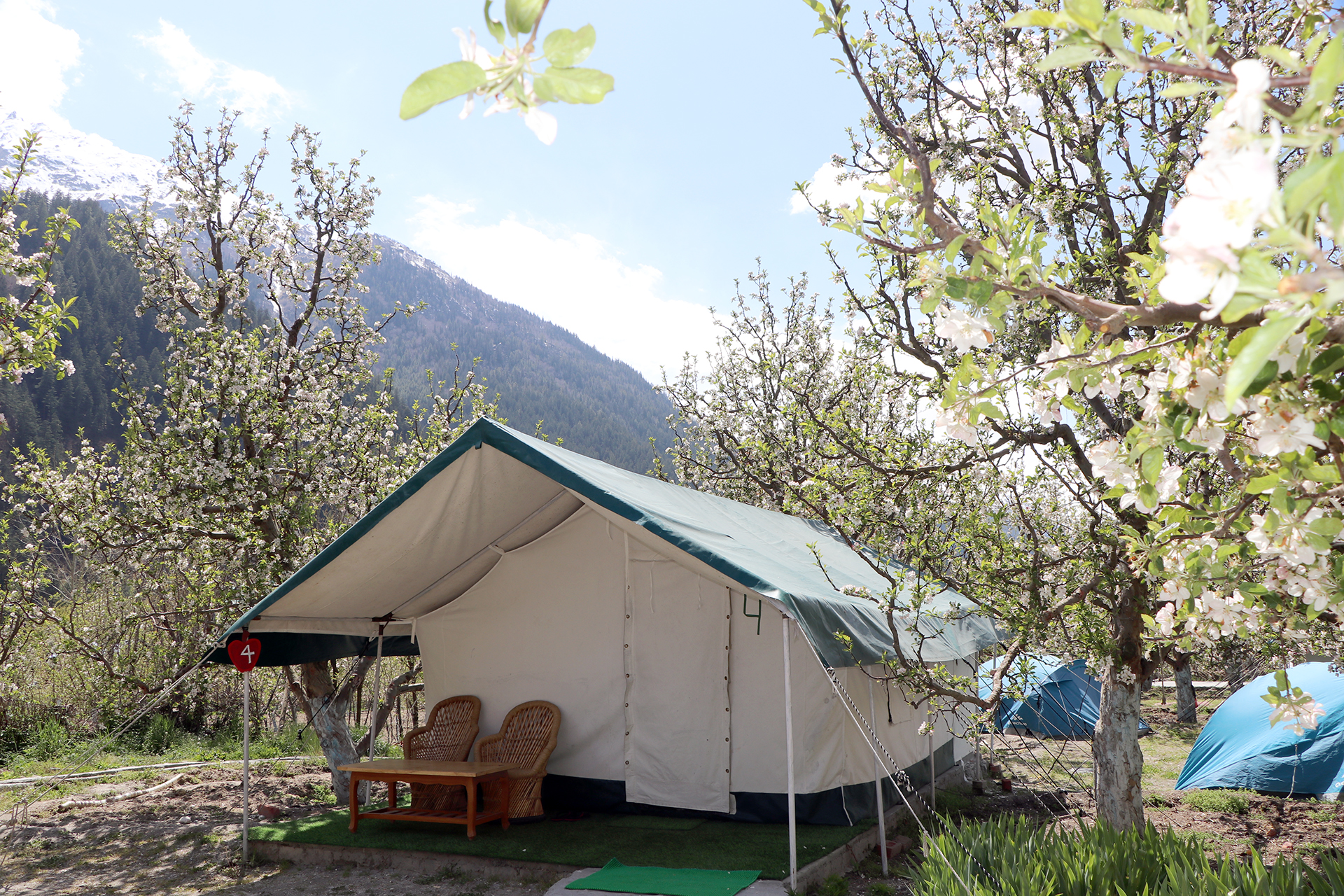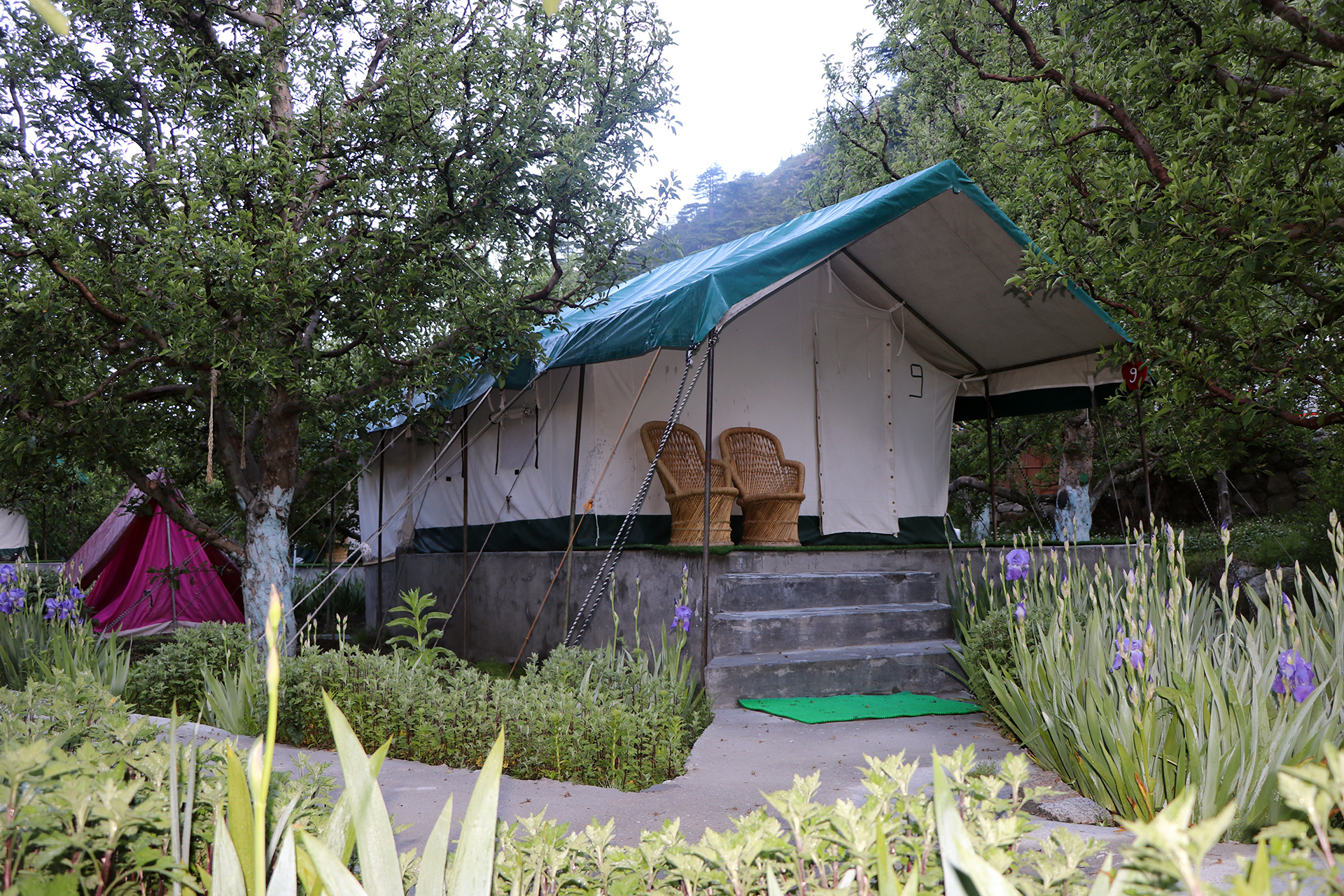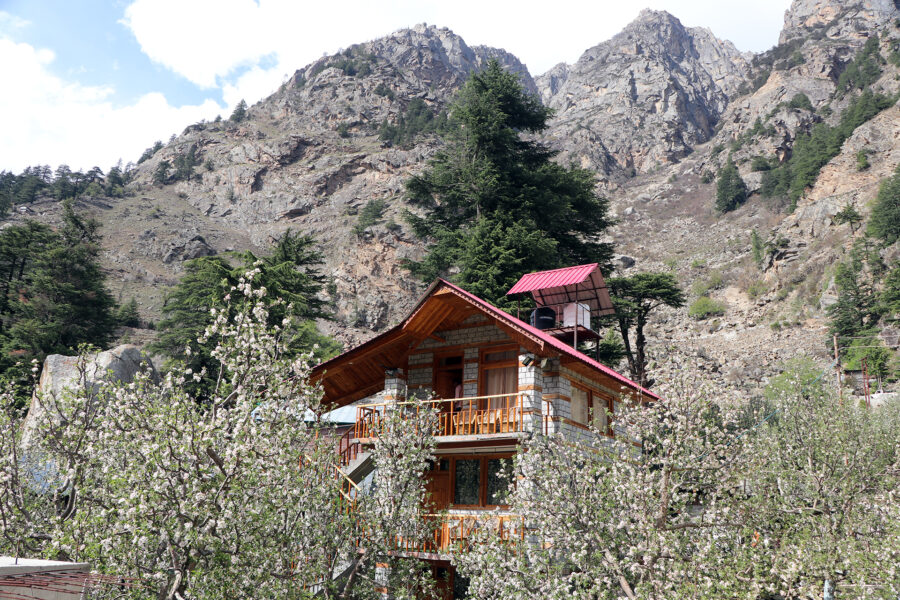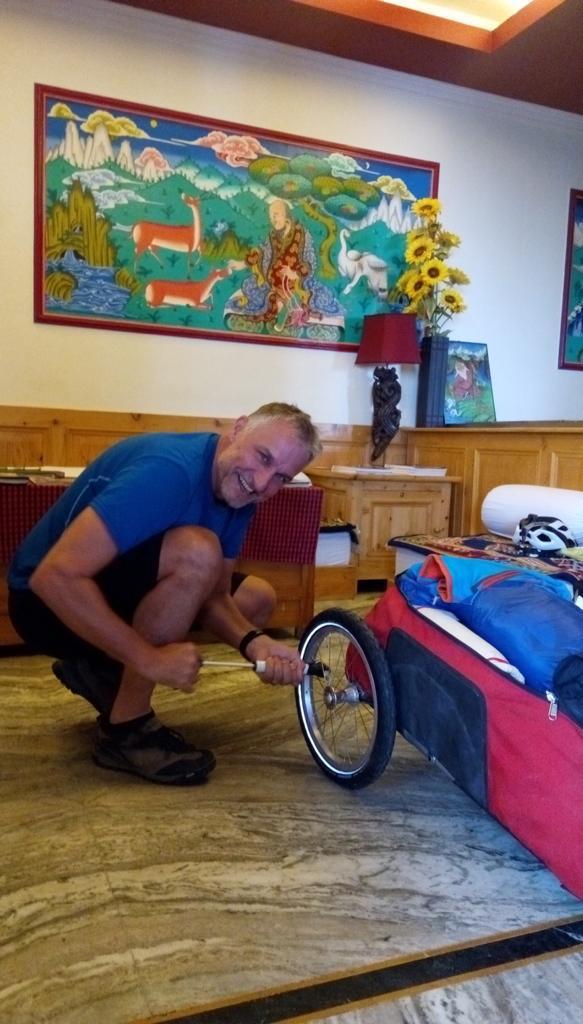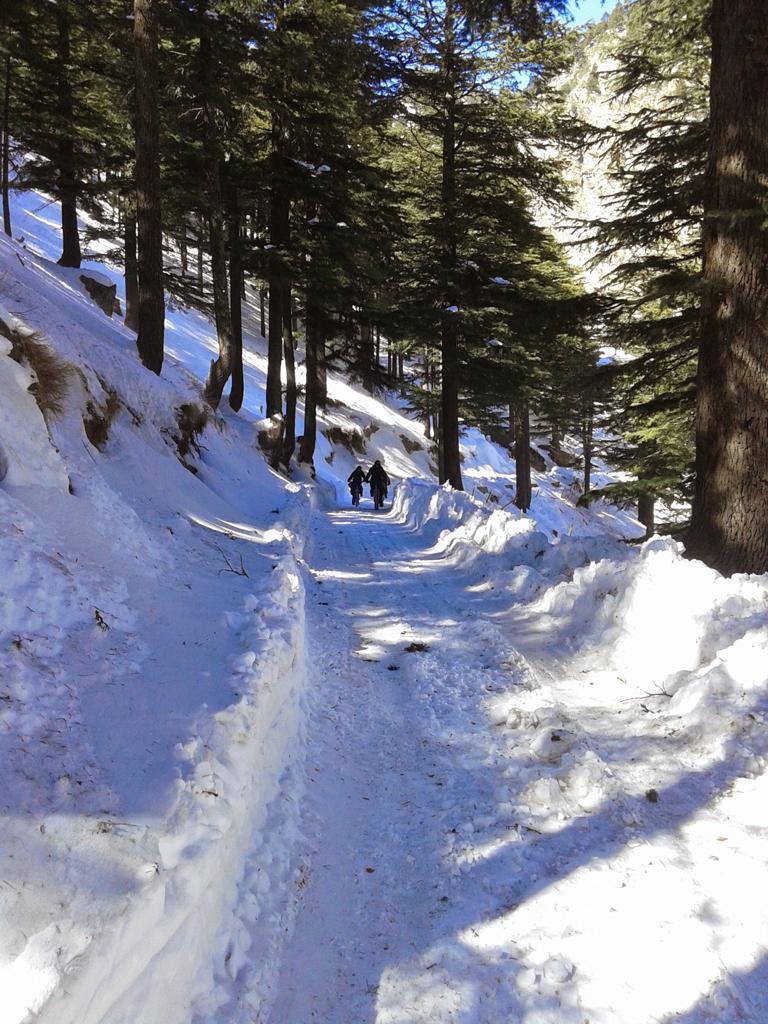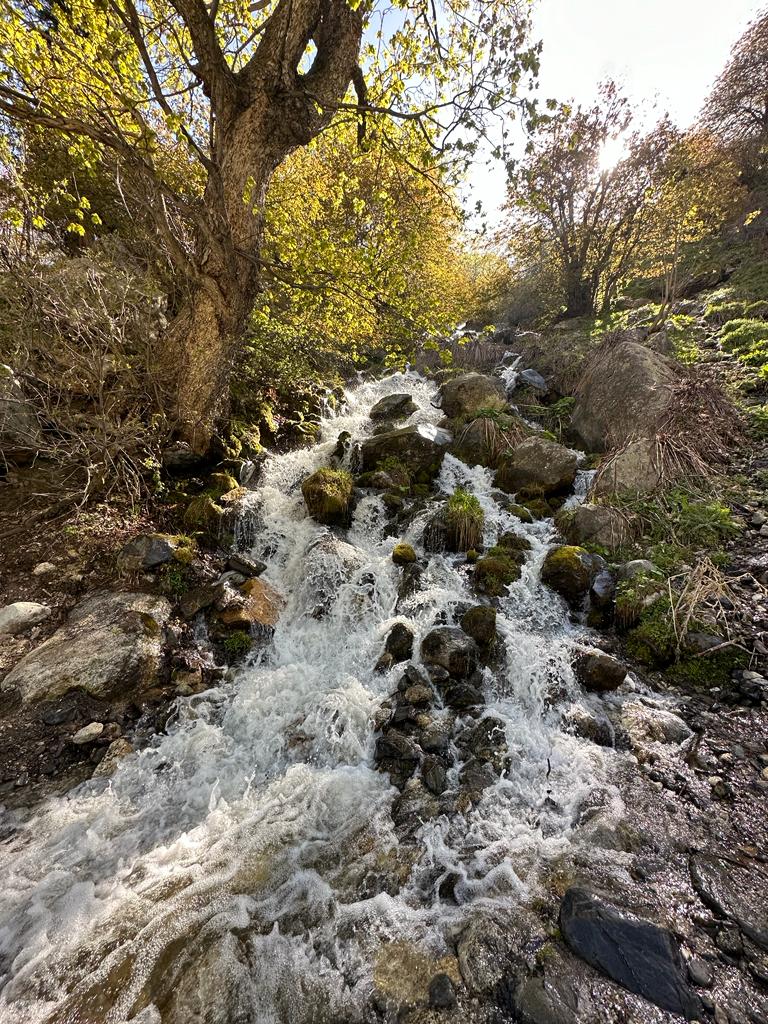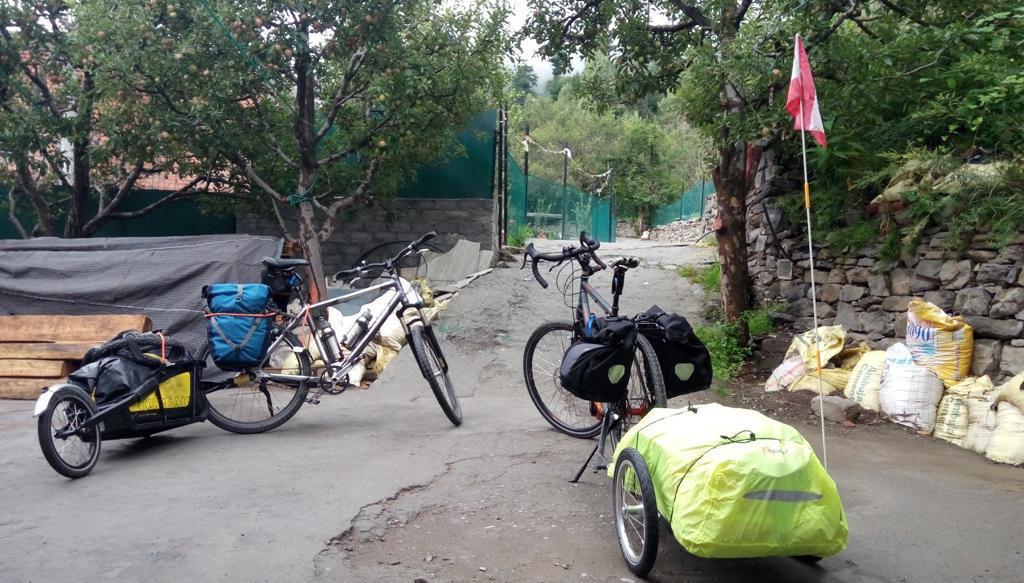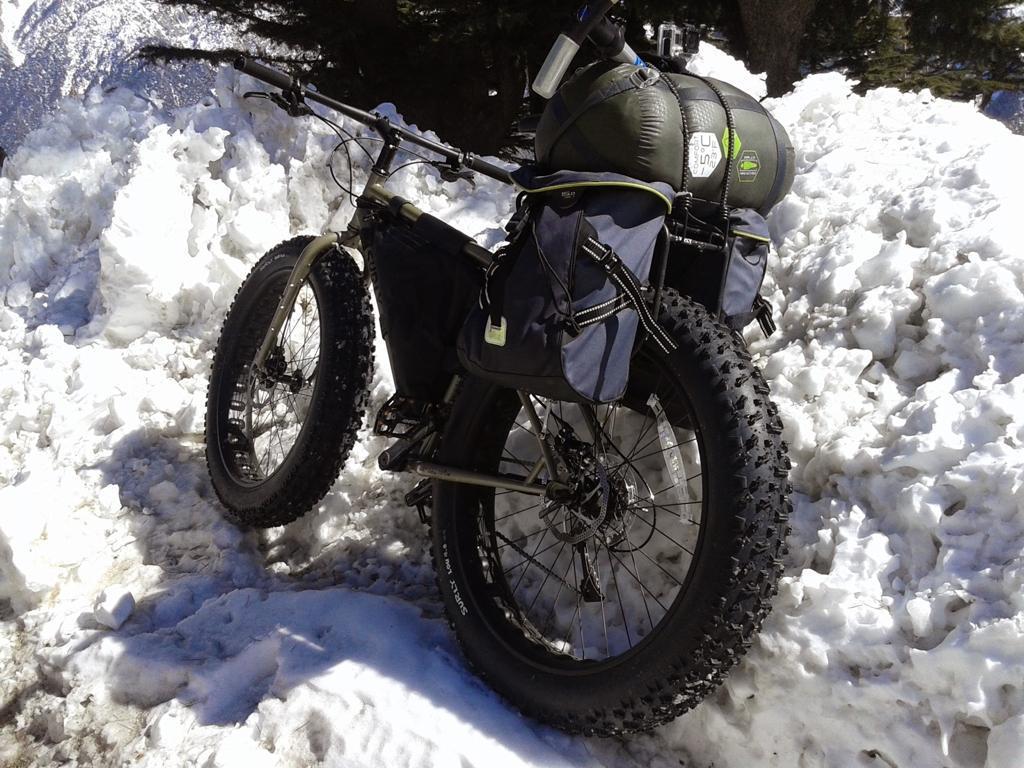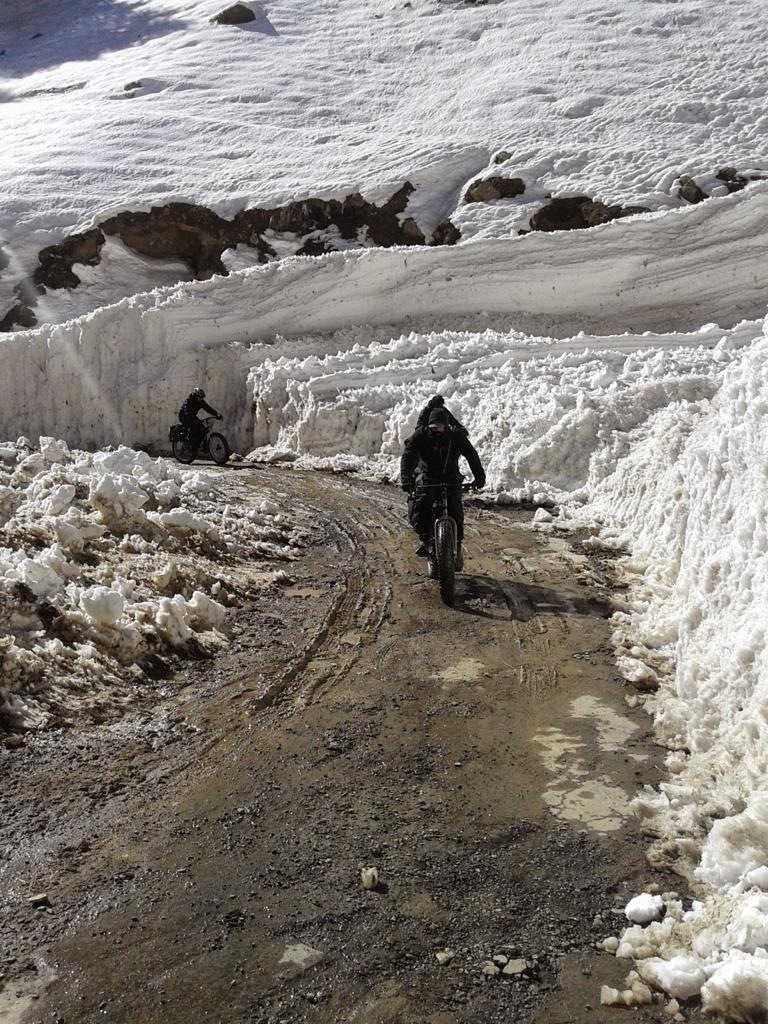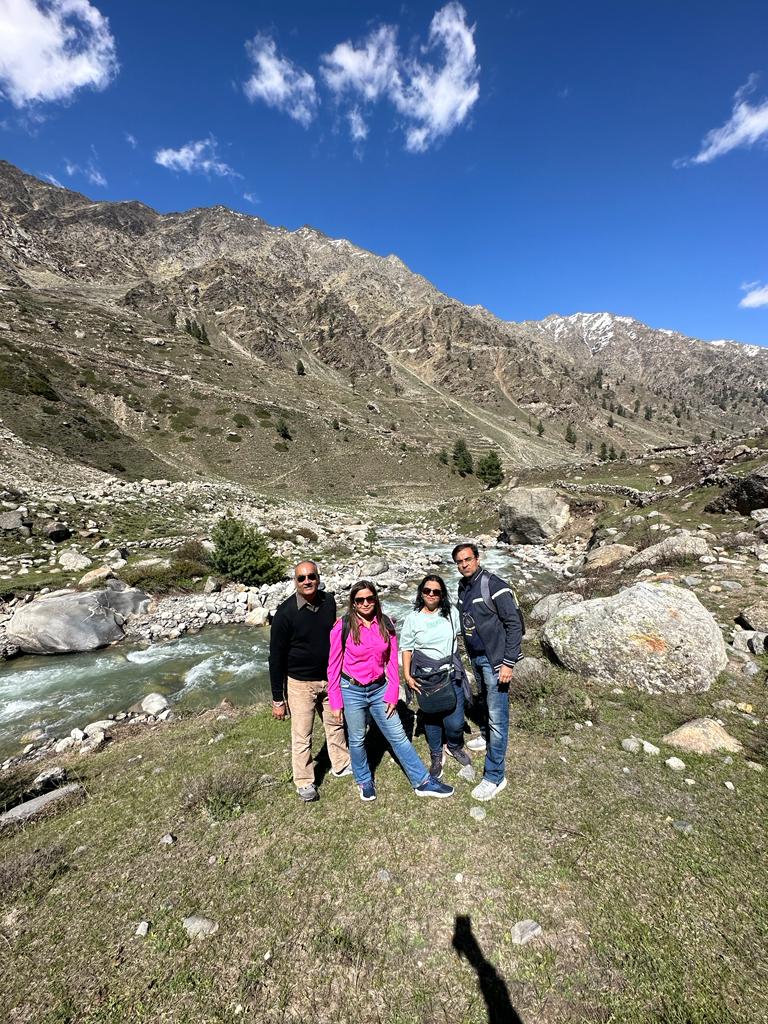Located in the greater Himalayas, sangla valley is interspersed with crisscrossing streams , thick forest, green fields, glaiciers, and lovely hamlets. Spread across 100km, the valley is traversed by Baspa river which is home to fishes like trout, rainbow etc . the legend has it that the kinner kailash peak here is the abode of mighty Shiva. The tour offers you glimpses of the unique flora and fauna of this picturesque valley. The altitude of this valley varies from 2500mts to 3500mts.
Getting There:
Chandigarh is the nearest place connected by air from Mumbai and Delhi. Hence the best point of arrival. Guests from Delhi can take a train to Chandigarh ( 240kms – 4hrs ) and then get plugged in to the itinerary.
DAY 1: CHANDIGARH – NARKANDA ( 184 KMS – 5 HRS )
Reach Chandigarh by train / flight and drive to Narkanda via Shimla; the summer capital of the British at the time of their rule. Overnight stay at Agyatvaas camp.
DAY 2: NARKANDA – SANGLA ( 160KMS – 7HRS )
After breakfast, drive to Sangla. Settle in to your tents on arrival. Relax with some mint tea and snacks. After which go for a small walk to explore the camp surrounding. Evening campfire, followed by dinner. Overnight at AOFC Sangla.
DAY 3: SANGLA – NANGDANG AND KAMRU VISIT (3200 METRES) 13KMS
After breakfast, drive to Nangdand, which offers you a visit of untouched scenic beauty and green pastures. Renowned for its striking natural beauty, this village has grown to be a popular spot for shooting of various hindi movies and ad films. Next move is to the 1000 years old Kamru fort. Established by the Kamru thakurs ( rulers), who established the Bushahar hill state, it served as the capital of Bushahar dynasty. Close to the fort lies the Badrinath temple and a Buddhist monastery. This place offers you a unique blend of Buddhism, Hinduism and tribel culture. After sightseeing, we return back to the camp via Sangla bazaar.
DAY 4: SANGLA VISIT HURBA (2700 METRES) 12KMS
The days destination is Sangla village. We begin by crossing a wooden bridge on Baspa river and then tread on a path dotted with mounds of stones with Buddhist versed engraved on them. These stones are locally known as manne, these are considered as pious and reminds of the Ashokan rock edicts. The path leads across Seranchhe rivulet to Themegarang. The village has apple orchards and small wooden houses. After this we will cross the Gangarang stream (considered like sacred Ganga in the region). The water of this stream has healing properties and cures skin diseases. Moving further we reach Sangla village, with a population of 5000. This is the largest village of the Sangla valley. Located in the village is the sacred temple of deity Berang nag. It is said that this village was once a lake and came into existence after draining of the water by the deity. From here onwards you have two options;
Option 1: We climb gradually to the Sangla bazaar and drive to the camp.
Option 2: Walk upto camp. We cross the Sangla bridge and along a track on bypass left to Chamalang next on our stop. Walking on, we will cross Rogti power house, a small HEP which supplies power to the entire valley. Then comes pine forest, trout fishery farm, Debbar khad, and Hurba where we will see extensive grasslands with a stream midway which harbor trout fish. After a brief stoppage here we will walk past Seman khad and finally to the camp.
DAY 5: SANGLA VISIT CHITKUL (3,450 METRES) – 20KMS
After breakfast you will drive past pine forests and pink/purple flowered buck wheat fields (summer) intermittingly dotting the edge of the path. The journey is made more memorable by the numerous streams constantly gurgling in the silence of the mountains. Chitkul is the last village of india bordering China. From here we will climb on foot to Nagasthi. While climbing we come across multicolored fields of buck wheat, millet, pea, mustard, and potato. With baspa on the right and mighty Himalayas on the left we will pass through the alpine countryside and will tread across unique medicinal plants and flowers. After the beautiful trek we reach nagasthi where one ITBP check post is located. We need inner line permit to move ahead as the region beyond comprised the sensitive India -Tibet border area. We will stop here and refresh with lunch. After a stroll and some sightseeing we will move back to chitkul village. Drive back to camp in the evening for Dinner & O/N stay.
DAY 6: SANGLA – CHANDIGARH
Today after breakfast you will be driven to Chandigarh airport railway station as per your flight / train schedule to board your flight / train back home.

